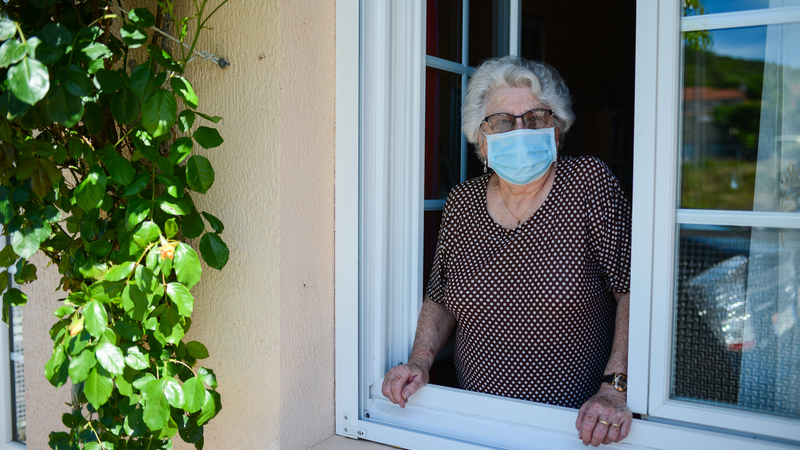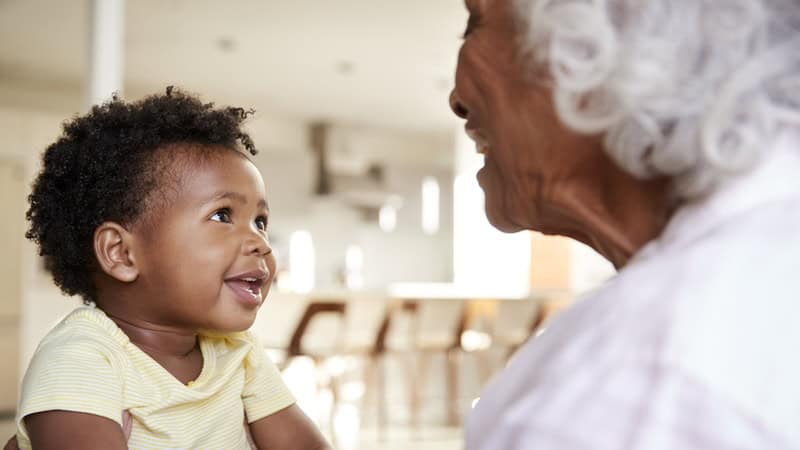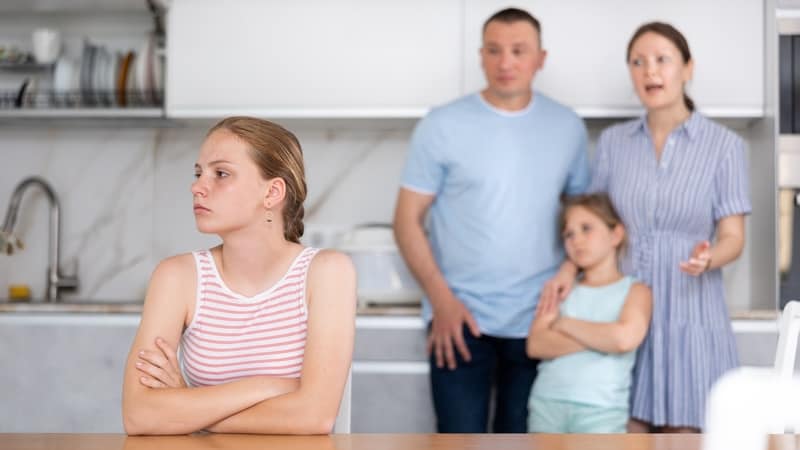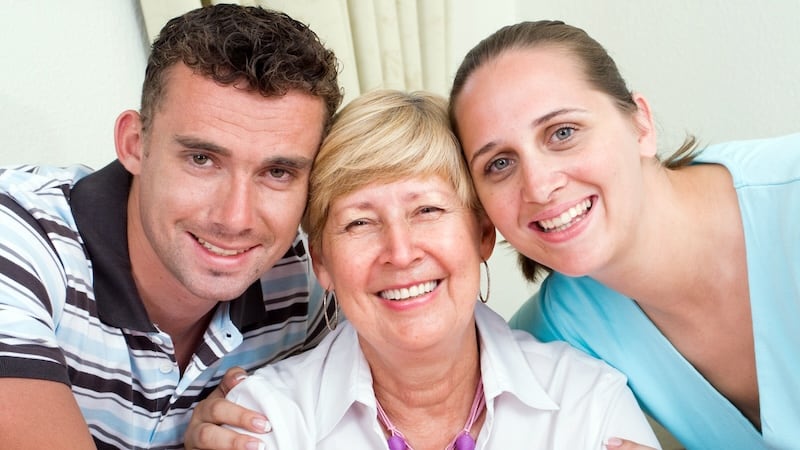Advice from Amy: Managing Pandemic Paranoia
Stress is its own risk to health

Advice columnist Amy Dickinson responds to a woman who has contracted “pandemic paranoia,” a powerfully strong risk aversion to COVID exposure. What does Amy advise?
Dear Amy:
Can you stand yet another letter about COVID–19?
My age and health status puts me in a higher risk group than others.
Because of the pandemic, I have avoided contact with people. I quit my part–time job because of concerns about COVID in the workplace. I no longer travel or have in–person visits with friends.
I no longer attend church services. I no longer eat out at restaurants. I no longer attend concerts or go to the movies.
I only shop for essentials and get in and out of the store as quickly as possible.
I am fully vaccinated, so why am I acting like this? Because we’re told that the fully vaccinated can still get very sick and die from this virus.
We’re told that anyone can be an asymptomatic carrier of this virus and transmit it to someone and possibly kill them. We’re told that variants of this virus could break through a vaccine.
I used to have a life, but now I live in fear.
Apparently, I’m not the only one, because mental health practitioners are all booked up for weeks.
In my opinion, the psychological damage inflicted by this pandemic (or perhaps by the media coverage of it) is being overlooked.
Your advice?
– Sick of it All
Dear Sick:
I think you should make a deliberate effort to take more control of your life and do your very best to tiptoe back out into the world – step by step.
Sign up with an online therapist if you can, and try an anti–anxiety meditation app.
Cognitive Behavioral Therapy involves techniques designed to rewire your mental and behavioral patterns. Basically, this is a form of exposure therapy where you very gradually, gently, and deliberately expose yourself to the experiences that trigger your anxiety. And anyone can try it.
You can safely meet with people (certainly masked and outside), and you should do your very best to get plenty of fresh air and gentle exercise, preferably with a partner. Take note of your body’s reaction to stress and do your best to deliberately turn off the negative tape playing in your head. Replace it with, “I can do this. I’m safe.”
Celebrate your small victories: “I took a little more time in the store today, and that felt good!”
Turn off the constant stream of COVID information and misinformation, and only check CDC.gov and your local health department for updates. Work on expanding your range, very gradually.
Life is full of risks. Some of these risks (driving a car, for instance) also involve risks to others. But you drive a car because you understand that the rewards of driving are far greater than the risks.
Staying trapped by your fears is not good for you. The stress of living in this heightened and frightened state is definitely not good for your health.
Want to get even more life tips from Amy? Read more of her advice columns here!
In the tradition of the great personal advice columnists, Chicago Tribune’s Amy Dickinson is a plainspoken straight shooter who relates to readers of all ages. She answers personal questions by addressing issues from both her head and her heart. A solid reporter, Dickinson researches her topics to provide readers with informed opinions and answers – from pandemic paranoia to DNA surprises. Ask Amy, P.O. Box 194, Freeville, NY 13068
© 2021 by Amy Dickinson


